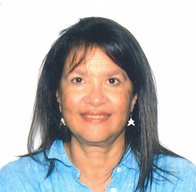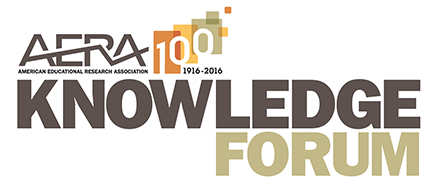Looking Inward: Educational Practices that Optimize Learning for Indigenous Students

Sharon Nelson-Barber directs the Culture and Language in Education division of WestEd’s STEM program. Her research centers on understanding how the sociocultural contexts in which students live influence the ways in which they make sense of schooling in mathematics and science. Additionally, she studies how aspects of cultural knowledge can become visible in assessment and evaluation to ensure that schooling is equitable for all students. Her work spans the lower 48 states, Alaska, the Northern Pacific islands of Micronesia, and many areas of Polynesia. She is co-founder of POLARIS (Pacific/Polar Opportunities to Learn, Advance and Research Indigenous Systems), a research and development network that fosters healthy communities, encourages social and educational transformation, and brings an indigenous worldview to new frontiers of knowledge. Nelson-Barber has published extensively and is editor and contributor to the book, Culturally Responsive Mathematics Education (Routledge).
She serves on a number of national advisory boards in anthropology and education and taught as a Visiting Scholar in Stanford University's Center for Comparative Studies in Race and Ethnicity. She received a BA in Russian history from Mount Holyoke College, earned a doctorate in human development from Harvard University, and completed postdoctoral work at Stanford University as a Spencer Fellow.
View Ed-Talk Factsheet here.
She serves on a number of national advisory boards in anthropology and education and taught as a Visiting Scholar in Stanford University's Center for Comparative Studies in Race and Ethnicity. She received a BA in Russian history from Mount Holyoke College, earned a doctorate in human development from Harvard University, and completed postdoctoral work at Stanford University as a Spencer Fellow.
View Ed-Talk Factsheet here.
